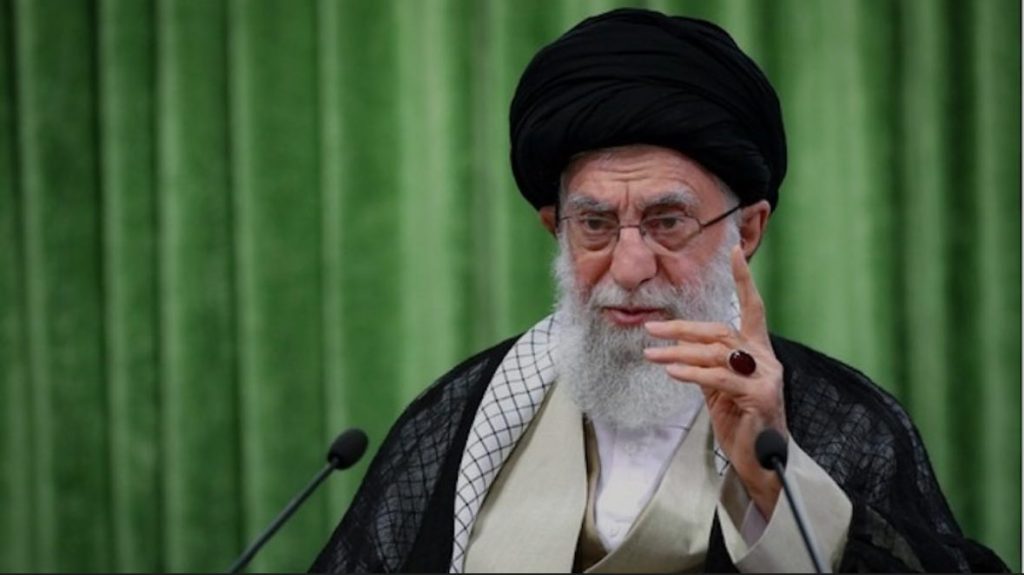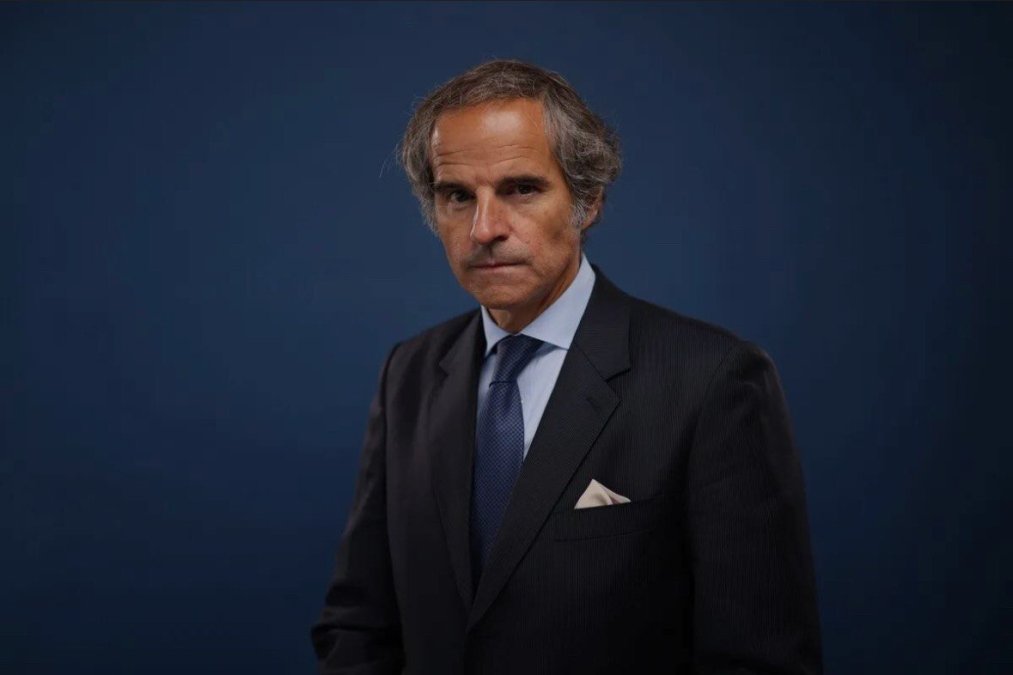Rafael Grossi: You can’t be a member of the NPT and ignore commitments
Rafael Grossi: You can’t be a member of the NPT and ignore commitments
According to Irangate, the Director General of the International Atomic Energy Agency warned about the consequences of reduced cooperation from Tehran with UN inspectors and called on Iran to seriously enhance its interaction with the Agency.
This warning comes as relations between Tehran and the Agency have reached one of their most tense points in recent years following Israeli and US attacks on Iran’s nuclear facilities and the reactivation of UN Security Council sanctions.
IAEA warning to Iran to enhance monitoring cooperation
The Director General of the International Atomic Energy Agency once again warned about the reduction in Iran’s level of cooperation with UN inspectors and emphasized that Tehran must seriously enhance its cooperation with the Agency to prevent increased tensions with the West.
In an interview with the Financial Times in London, Rafael Grossi pointed out the restricted access of inspectors to key Iranian facilities, saying you can’t claim to be a member of the Treaty on the Non-Proliferation of Nuclear Weapons and not fulfill your commitments.
According to him, since the twelve-day war between Iran and Israel, Agency inspectors have visited some Iranian nuclear sites twelve times, but they have not been allowed to enter strategic facilities in Fordow, Natanz, and Isfahan, which were damaged during US attacks.
Limitation of Iran’s cooperation with the Agency after attacks
After the Israeli and US attacks, the Iranian Parliament passed a resolution making cooperation with the Agency contingent on approval by the Supreme National Security Council.
This decision has effectively halted the process of regular and unannounced inspections.
In September, Tehran reached a new agreement with the Agency through Egyptian mediation, but the activation of the snapback mechanism by the UK, France, and Germany, and the return of Security Council sanctions led Iran to declare that this agreement is no longer binding for it.
Uncertainty about the fate of enriched uranium
According to Grossi, although Iranian nuclear facilities suffered severe damage during the recent war, the status of about 408 kilograms of enriched uranium with near-weapons-grade purity remains unclear. Iranian Foreign Minister Abbas Araghchi responded to this concern by saying that these materials are buried under rubble.
The Director General of the Agency emphasized that this uncertainty has created an increasing need for the immediate resumption of inspections and added that we should have resumed inspections by now.
Use of satellite images and diplomatic pressures
In the absence of field access, the Agency is using satellite images to assess the status of bombed facilities.
Grossi emphasized that there is still no necessity to refer Iran’s case to the Security Council, but warned that the current level of cooperation cannot remain sustainable and must be seriously enhanced.
Reactions and diplomatic outlook
On the other hand, Iran says that as a member of the Treaty on the Non-Proliferation of Nuclear Weapons, it has the inherent right to enrich uranium, but the US continues to demand a complete halt to enrichment.
US President Donald Trump has threatened that if Iran’s nuclear facilities are rebuilt, he will not hesitate to take military action again. Iran has also emphasized that it will not stop enrichment but is ready to discuss setting limits.
Tehran’s positions and mediation efforts
Grossi said last week that unusual activities have been observed near Iran’s uranium storage sites, but at the same time emphasized that Iran is not currently actively enriching uranium. Diplomatically, Qatar and Oman have called for Iran and the US to return to the negotiating table.
Iran’s Foreign Minister has also stated that whenever the Americans are ready to negotiate from an equal position and based on mutual interests, we are also ready for indirect talks. Apparently, they are not in a hurry, and neither are we.
Unclear outlook and the position of Iran’s leader

Meanwhile, Ayatollah Ali Khamenei, the leader of the Islamic Republic of Iran, on the eve of the anniversary of the US embassy takeover in Tehran, said that the differences between Iran and the United States are inherent, and any cooperation can only be considered if Washington stops supporting Israel, withdraws its bases from the region, and refrains from interfering in the affairs of regional countries.
As the prospect of resuming negotiations remains bleak, Tehran has recently called the United States the world’s biggest nuclear proliferator and has asked the Security Council to review the US President’s order to resume nuclear testing.
Uncertain future
Analysts believe that the current state of relations between Iran and the Agency is at a critical point. Any continuation of monitoring restrictions could lead to a decrease in international trust in the peaceful nature of Iran’s nuclear program and increase the likelihood of the case returning to the Security Council.
Conversely, resuming technical cooperation could reactivate the path of diplomacy, especially if regional mediation efforts are strengthened with the support of Europe and the United Nations.

